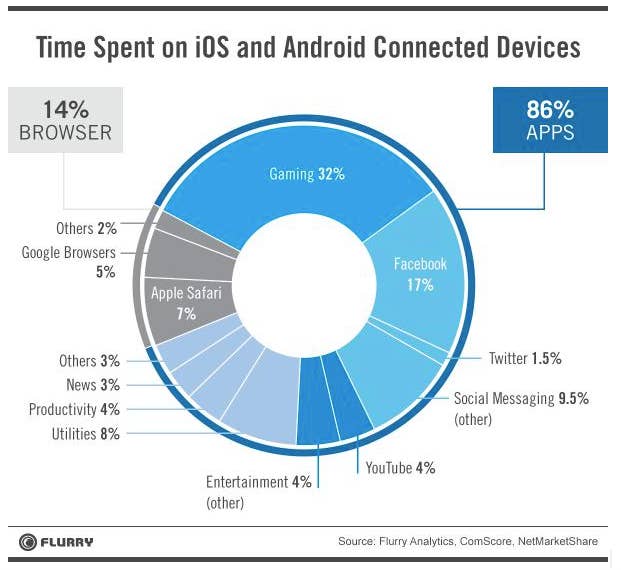When you're a guest in someone's home, you play by the host's rules. For many years, news organizations did the hosting. Picking up a newspaper, tuning in to a news show, typing in an address to a homepage — all these actions mean readers are leaving their world and entering a space that they don't control.
But these days, the power dynamic has shifted. Readers have more control over how they get information, and news organizations have largely become guests — invited into their readers' Twitter streams, Facebook News Feeds and onto their smartphones.
When I was running news organizations' social media accounts, I learned how to be a polite guest. Now, I'm using those skills to help build the BuzzFeed News app.
When someone follows or likes your news organization on social media, they're handing you an invitation to their home for a party. You ought to play by their rules.
Social media editors will tell you it's important to spend time on a social network; you don't just post and then peace out. Would you walk up to a circle of people at a party, say something unrelated to what they're talking about, and then just walk away?
When you're working on a news organization's social media account, you craft your messages with the knowledge of what you're competing with: messages from friends, photos of babies and engagement rings, eyeroll-inducing humblebrags, and, yes, cat videos. You're conversational, not screaming a headline. You're relatable, not elitist (unless being elitist is your thing). You're relevant, not random.
Your posts need to be contextual. Your contributions need to make sense in a stream that contains updates and photos that are important to your audiences' personal lives.
Just like you choose who you follow on social media, you choose what's on your smartphone. News apps aren't only competing with other news apps; they're competing with messages from friends, games, and social networks that also might contain news.
And people spend most of their time on their smartphones using two kinds of apps: games, and social media, according to data from Flurry Analytics.

When you write a breaking news headline, you're typically trying to get the facts across as quickly and efficiently as possible. A headline doesn't invade anyone's space, and it comes with paragraphs and paragraphs of context. Not so with a tweet or a push notification. The space you're putting it in means you owe readers more than efficiency. You owe them relatability and sensitivity. You owe it to them to tell them why they should care.
Breaking through the dominance of gaming and social networking apps requires being conscious of both how your audiences use their devices and what they might be doing when we interrupt them. This is a challenge that requires contextual awareness and relatability.
The goal of #teamnewsapp is to tell you about the news the way a friend might. We don't want our app to abuse the privilege of being invited to interrupt your day. We want the BuzzFeed News app to be a welcome guest on your phone's home screen, rather than an app you rage delete after one too many irrelevant push notifications.
We want to be the respectful friend you invite to the party. The one who keeps getting invited back because she always has something interesting to say. The one who doesn't confuse you when talking about something important. And the one who knows when to shut up.
Interested? Sign up for our beta: bit.ly/1BMlSTp
